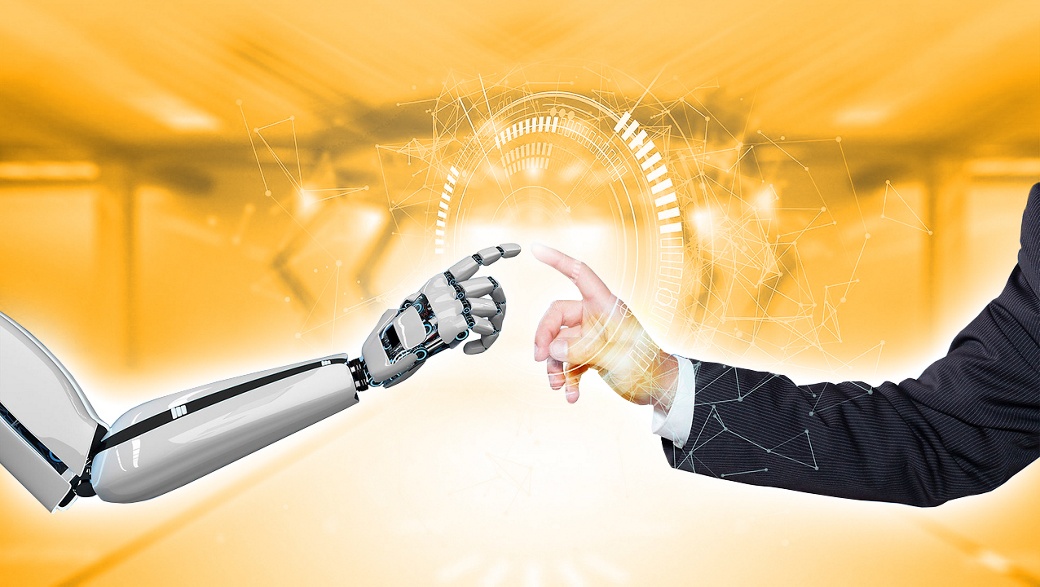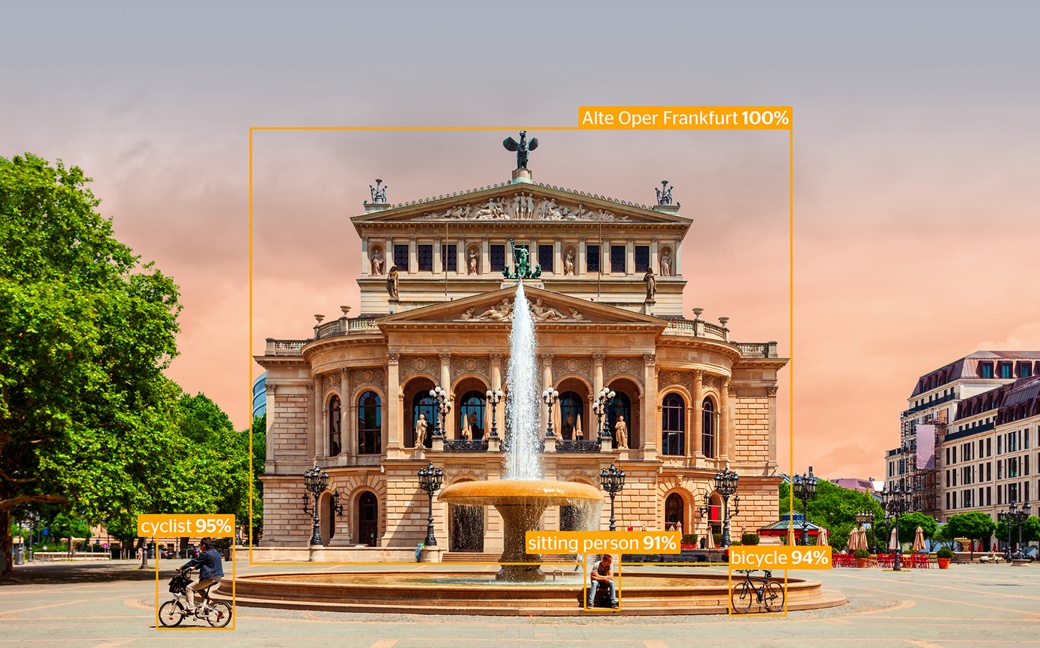With innovative products and solutions, Continental Automotive (in the future: AUMOVIO) is driving forward key mobility trends such as automated driving, connectivity, electrification and shared mobility. AI plays a central role in all of these future trends. But the use of AI to improve the company’s own business processes and workflows is equally important. Since it was first introduced at Automotive, the company has been working on and using AI to give employees more freedom for higher-value tasks. In other words, using AI to automate repetitive tasks and reduce people’s workload, leaving them more time for creative, strategic and value-creating activities.
Artificial intelligence (AI) has the potential to significantly speed up processes and thereby increase competitiveness. Continental Automotive is purposefully using AI to give employees more time for high-value tasks and to enhance efficiency. AI is thus supporting more and more daily workflows – from the supply chain to quality management and from research and development to production.

Interdisciplinarity makes AI better
“In order to raise the quality of our business and R&D processes to a new level, we’re consciously relying on data-driven technologies and artificial intelligence. To achieve this, we need as many employees as possible actively using AI and contributing to the system’s development, maintenance and improvement. Why? Because even this amazing technology can’t be developed to perfection from the outset. It improves through interaction with people – whether engineers or business experts. Artificial intelligence needs to and will improve through interdisciplinarity,” says Dr. Corina Apachite, head of Artificial Intelligence at ContinentalAutomotive.
Continental Automotive has therefore been systematically building up its own AI ecosystem for some time now. One important component of this, in addition to dedicated AI labs in Frankfurt, Regensburg, Berlin, Budapest and Singapore, is the in-house software academy, where thousands of employees have already received training. At last year’s internal and completely virtual AI Convention alone, 13,000 employees worldwide took part in a variety of events, presentations and workshops over the course of two days. At Automotive, AI is not administered via an AI department but rather used and applied throughout the company, independently of organizational structures. Corina Apachite explains: “That way, we make AI technology tangible, usable and useful. After all, AI only works by trying things out and providing feedback – whether in training courses, events or daily work.”
Responsible use of AI
If used responsibly, sustainably and systematically, artificial intelligence can change work and jobs for the better. In addition to the previously mentioned training activities, this includes elements such as a central data portal, powerful hardware and software infrastructures as well as an established AI ethics framework. To this end, Continental introduced its own code of conduct for the use of artificial intelligence back in 2020. This provides guidance on how AI should be used responsibly with regard to all stakeholders: employees, partners, suppliers, customers and society at large. The focus is on data security and ensuring that all decisions based on AI can be traced at all times. It is essential that no individuals or groups are discriminated against or disadvantaged. Continental Automotive also maintains a close dialogue within the industry, for example through the German Association of the Automotive Industry (VDA). Fostering cooperation and exchange within an ecosystem that includes industry, academia, social partners and policymakers is essential.

Requirements management with AI
A prime example of how artificial intelligence can be used effectively in a company is AI-assisted requirements management. With this in mind, Continental Automotive has created an innovative analysis tool for product development in close collaboration with Microsoft and the global IT consultancy NTT DATA. With the help of generative AI, the extensive requirement specifications are extracted, analyzed and their contents pre-classified in a simple and error-free manner. This makes the development process more efficient and focused. At the same time, it allows engineers to concentrate on their core task – developing a robust and high-quality product.
Before the tool was introduced, so-called “requirements engineering” usually involved manually processing requirement catalogs from clients – often several hundred pages long – for the development of components, software or automotive systems. Now, employees can quickly identify, extract and internally assign important sections and terms from task specifications containing up to 30,000 individual requirements. Identical, repetitive tasks are handled automatically. With the help of AI, the engineers can complete many tasks significantly faster and thereby advance the development process. This reduces the workload by up to 80 percent.
Another area of application for AI, in addition to requirements engineering, is so-called AI tuning. With the help of AI, system parameters in various automotive applications are automatically optimized. Artificial intelligence is also used in software testing, which is particularly extensive in the field of autonomous mobility. This reduces the effort required for preparation and maintenance and improves both traceability and delivery times for customers.

Creating value with AI
AI tools help make tasks easier. At the same time, experts retain full control over the results. Through systematic use, R&D processes become more efficient, effective and focused. This also results in a significantly higher quality of work. It is a human-machine collaboration that is shaped by people and used to drive further improvements. In fact, a company does not achieve quality through AI itself, but only throughemployees who use AI sensibly.
The use of AI will therefore also play a central role in continuously improving processes and workflows, and making them more efficient for the future company AUMOVIO. Corina Apachite even goes a step further: “With the support of artificial intelligence, we have the opportunity to completely redesign our work processes. Right now we’re experiencing a big leap forward in the way we work. With the help of artificial intelligence, we’re creating value for our customers as well as for our employees. We’re well on our way to establishing AI as an effective assistant for various tasks across the company.”
